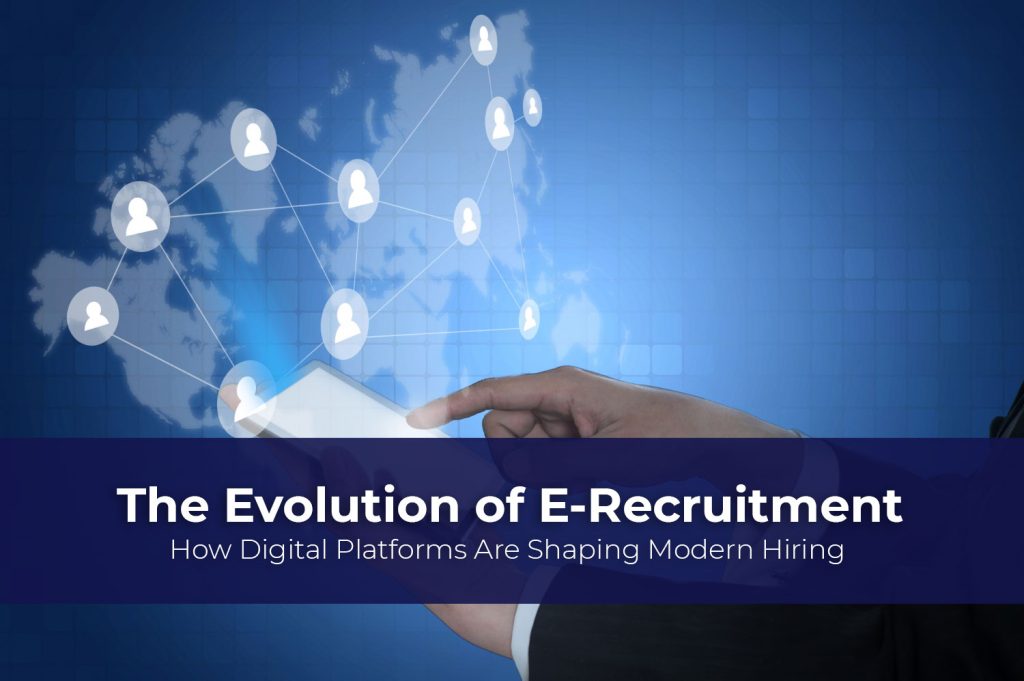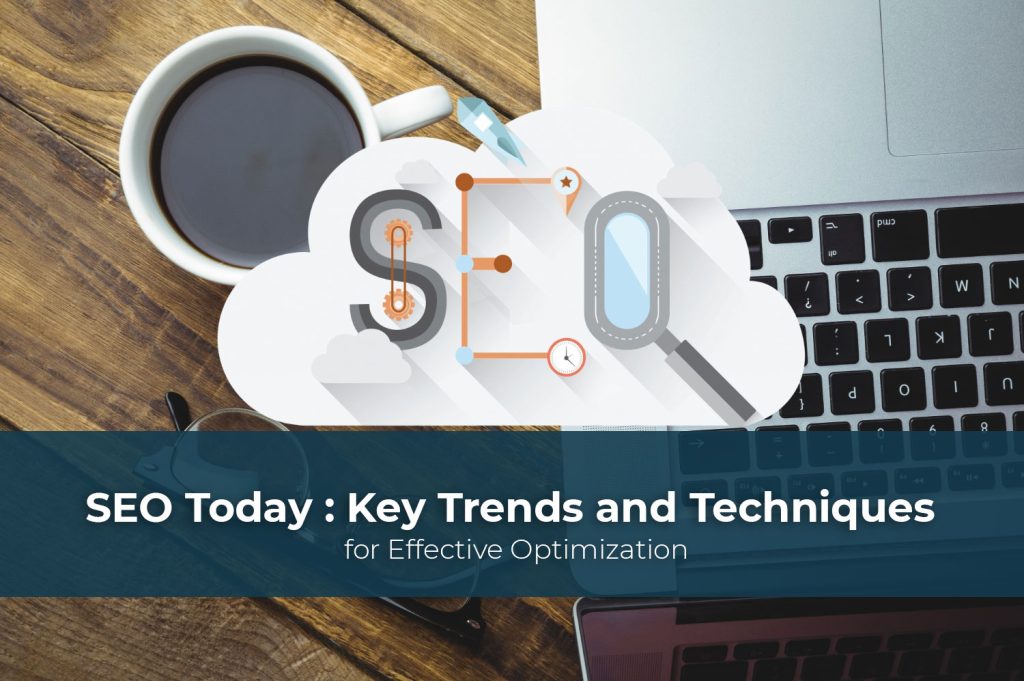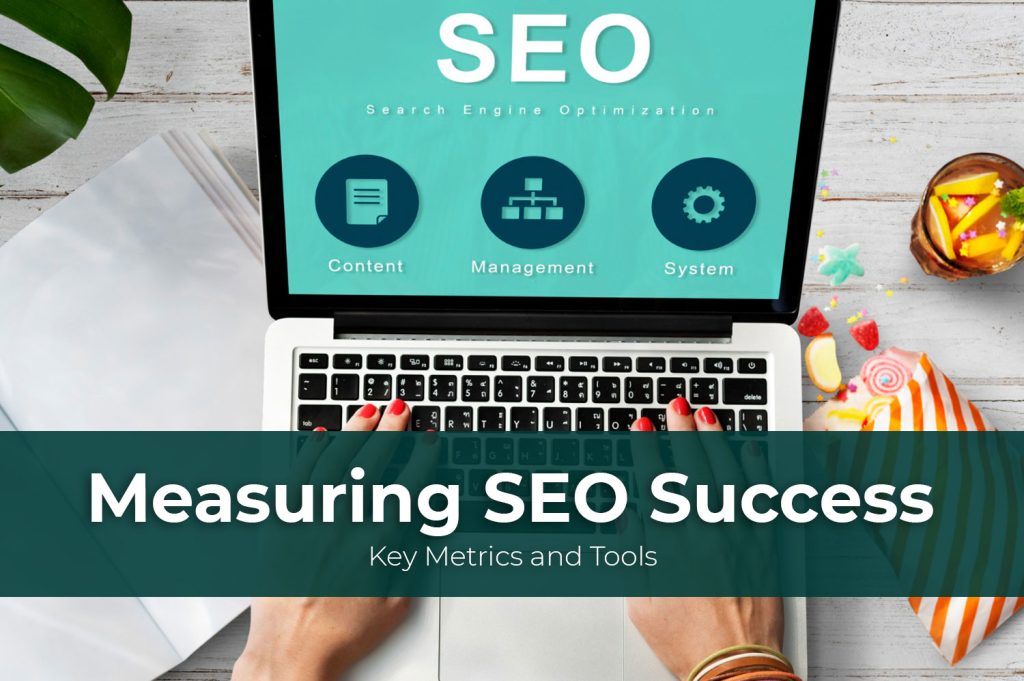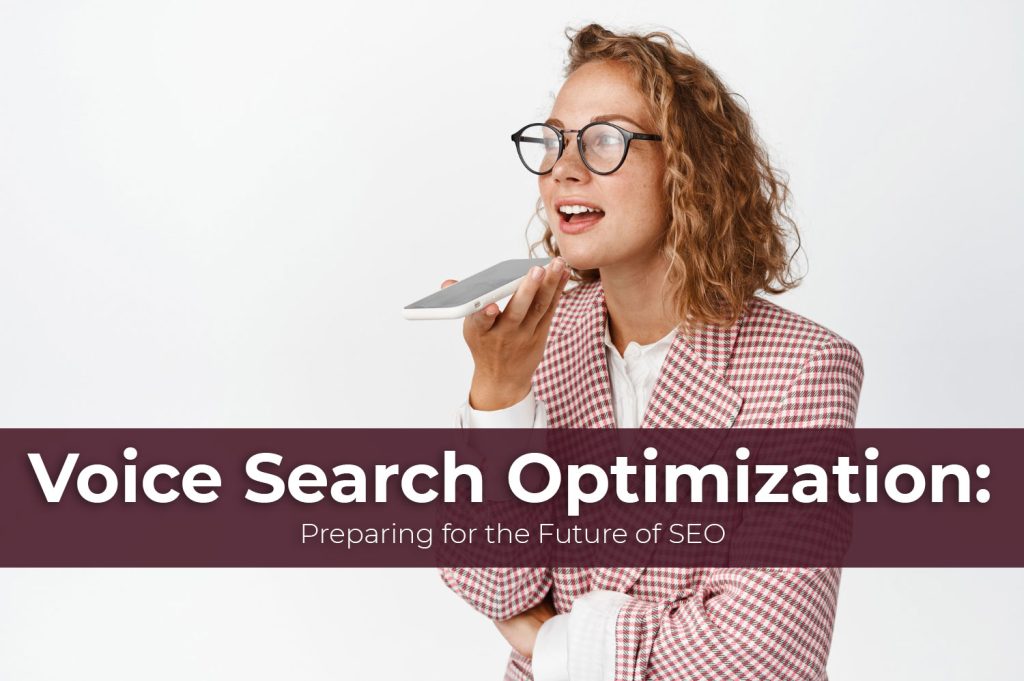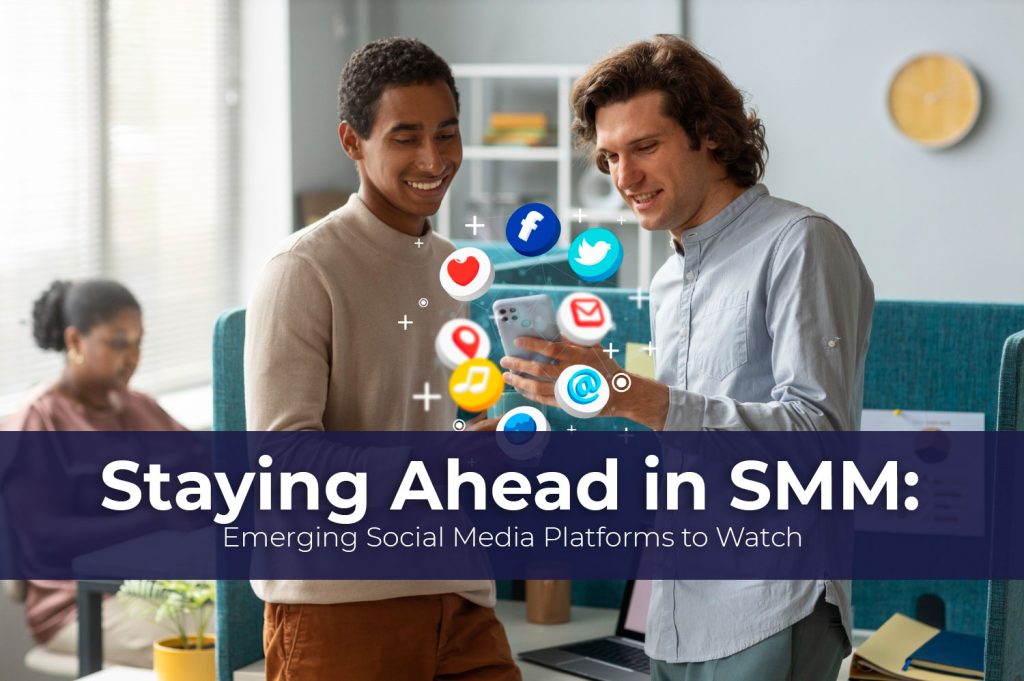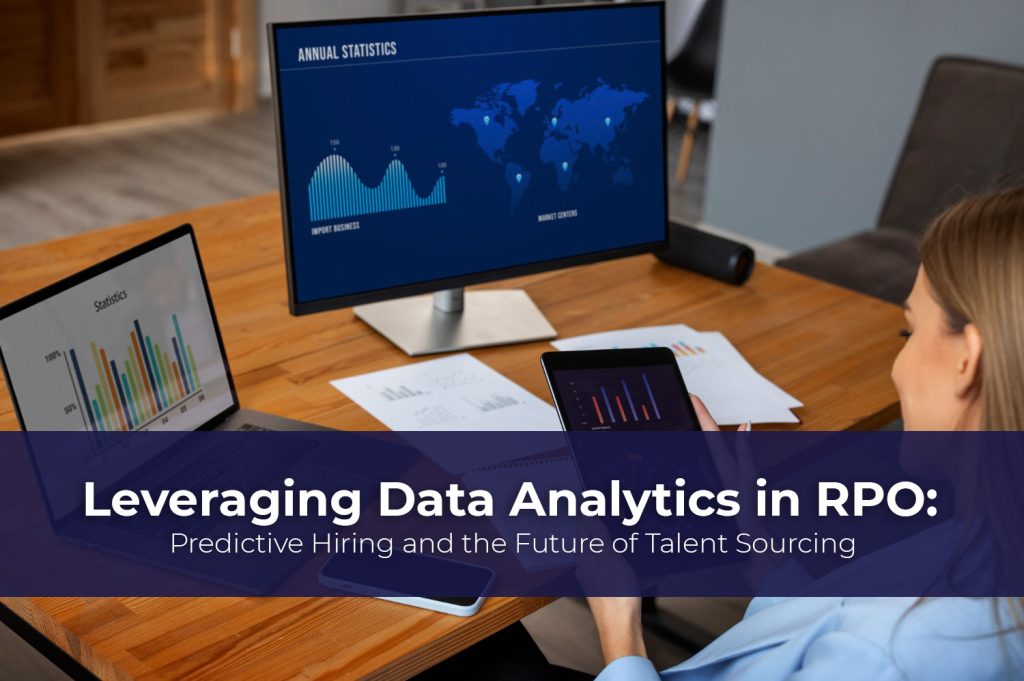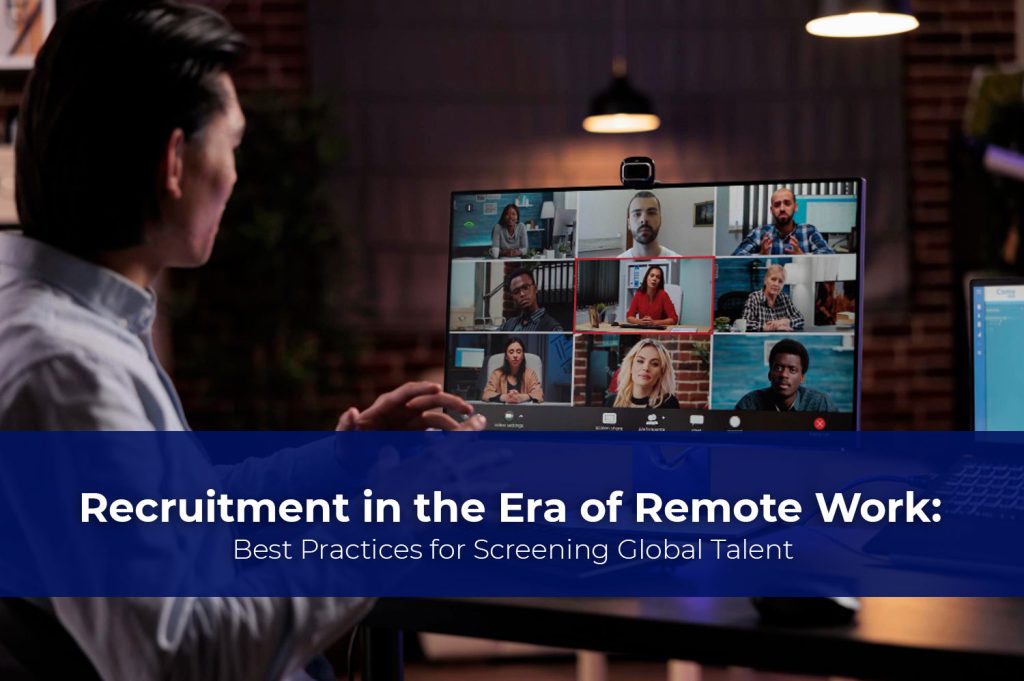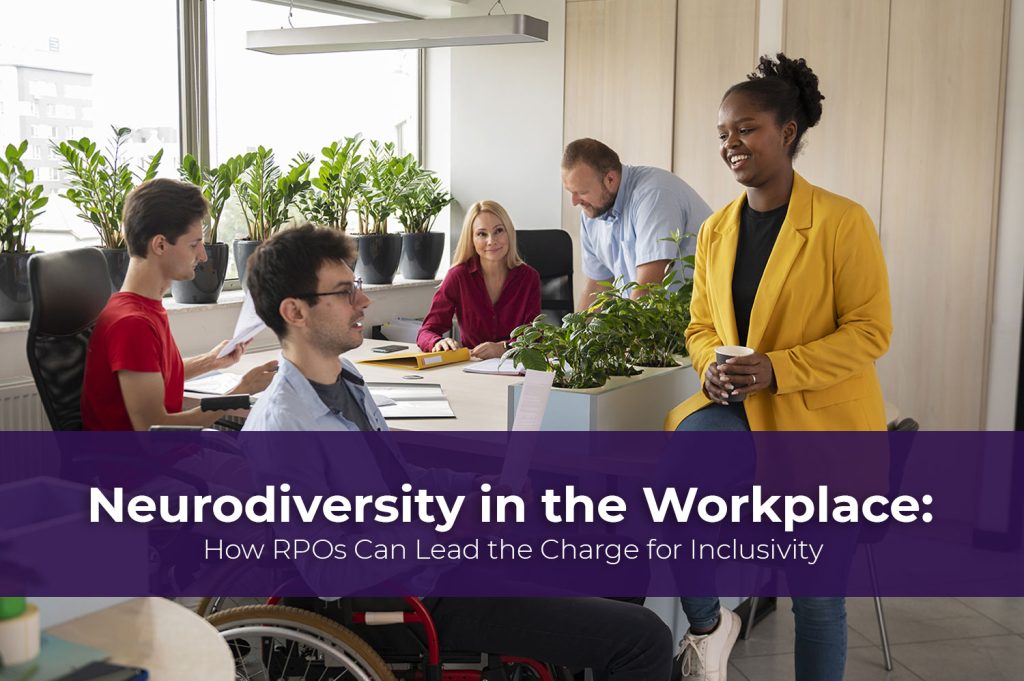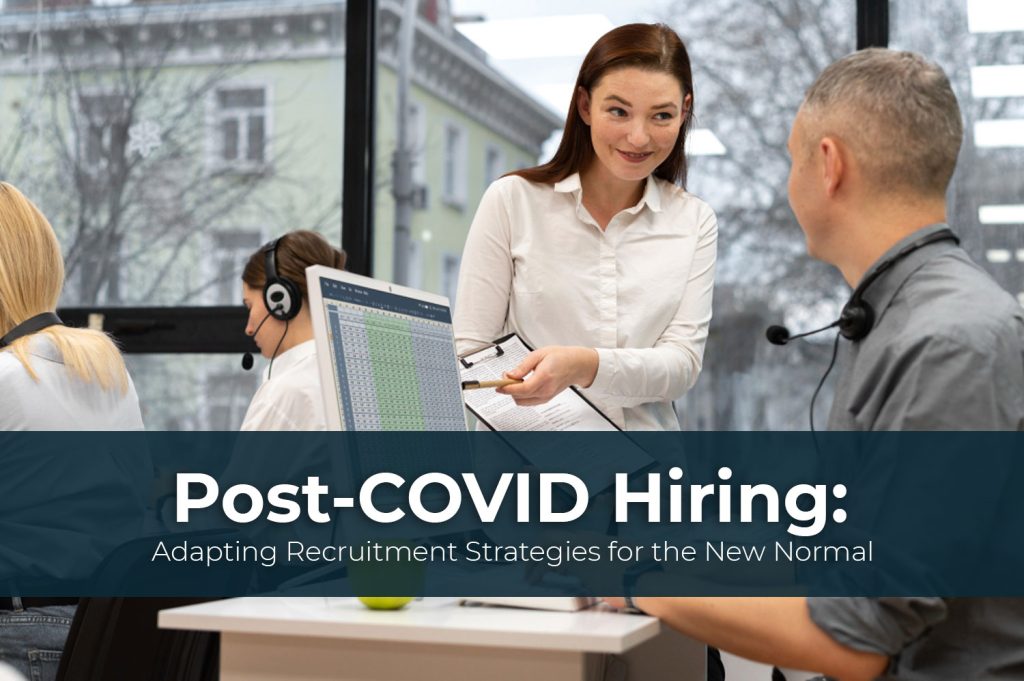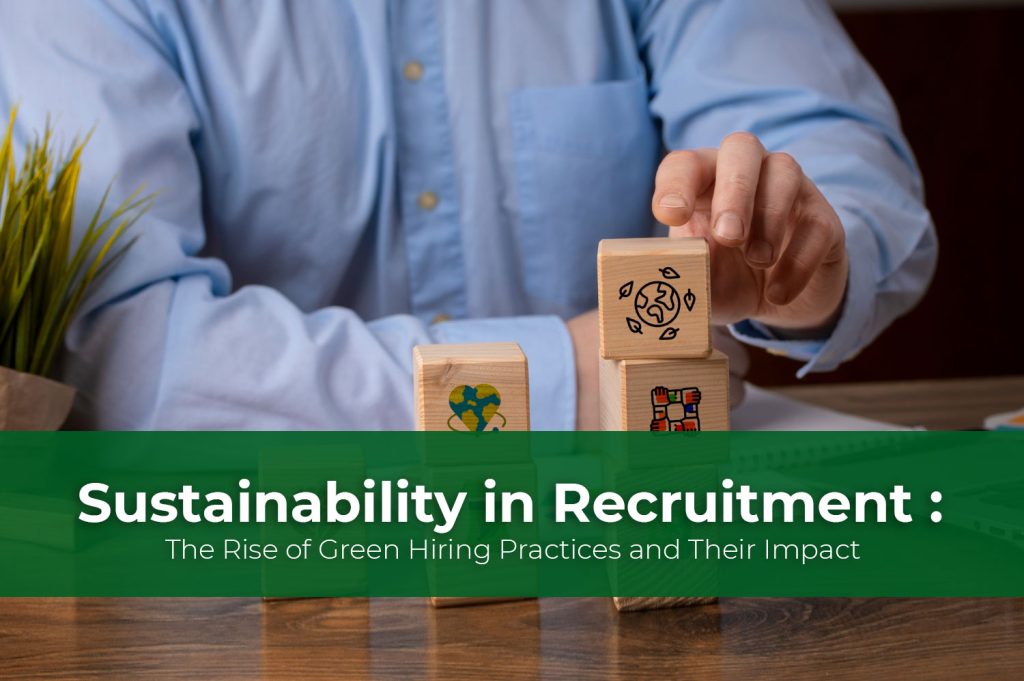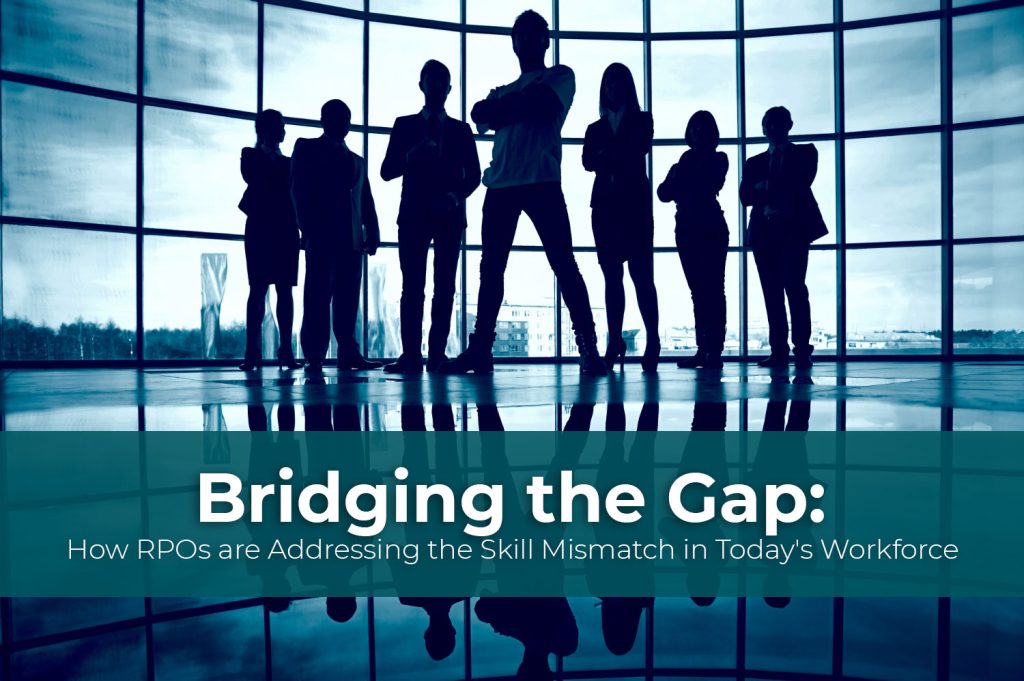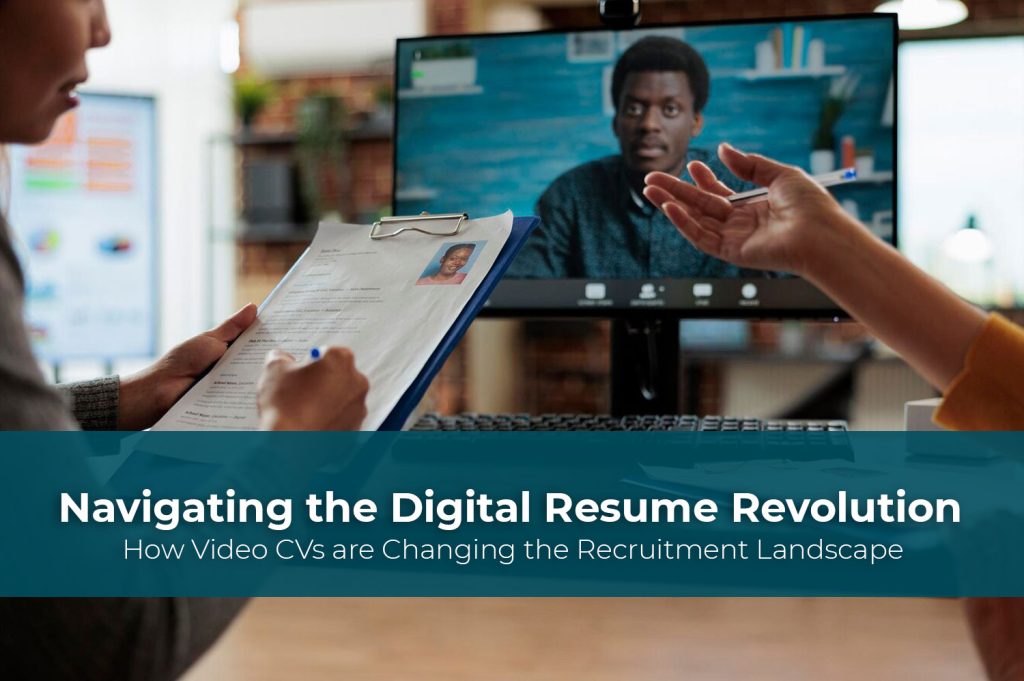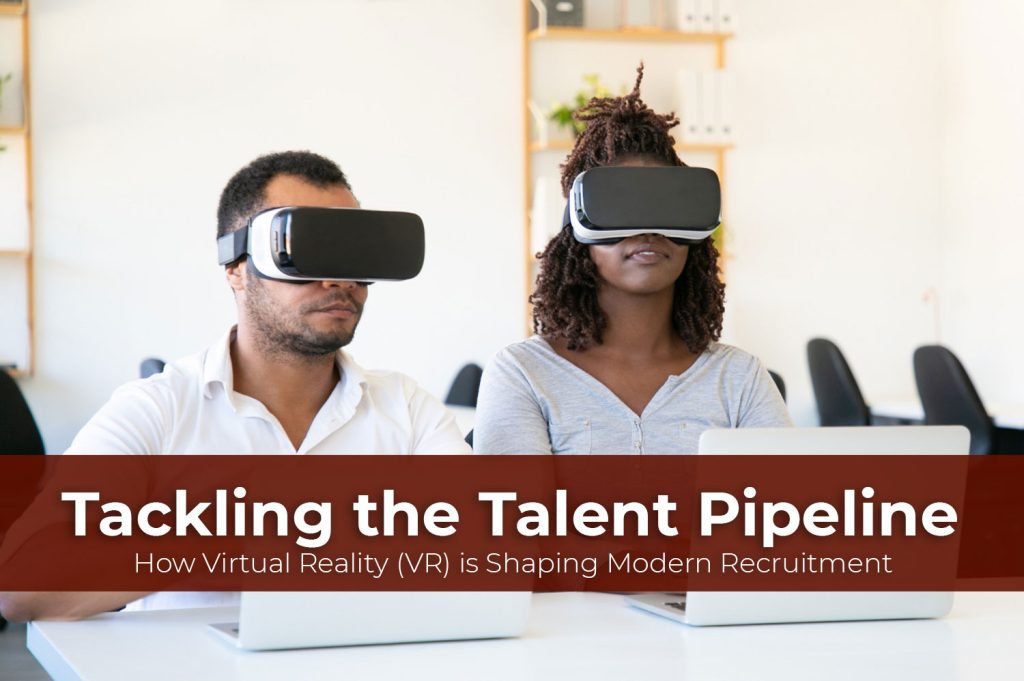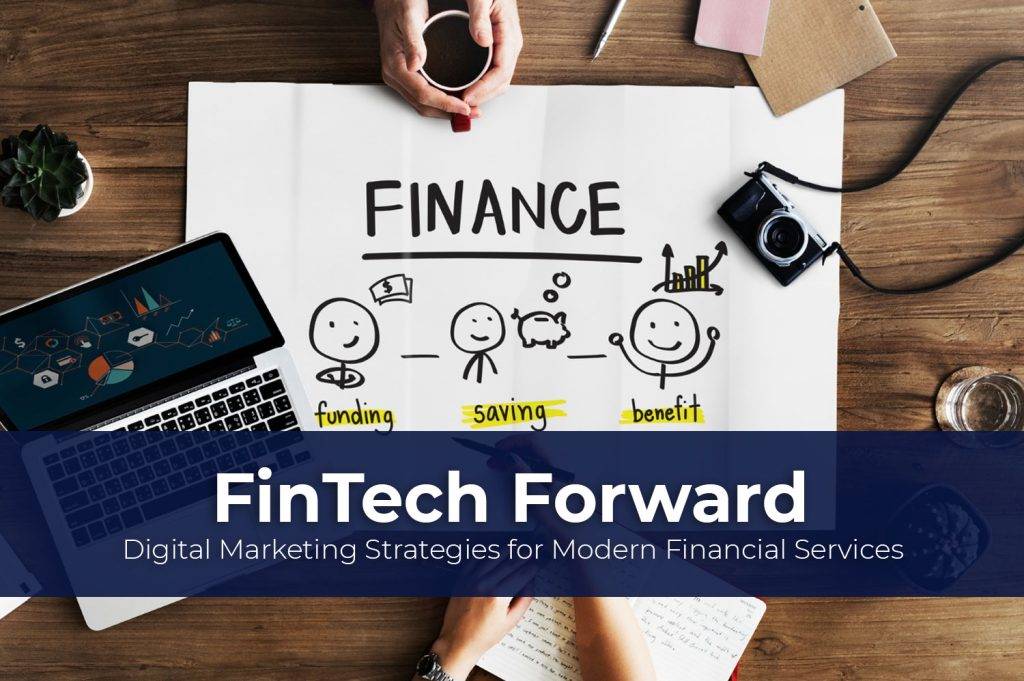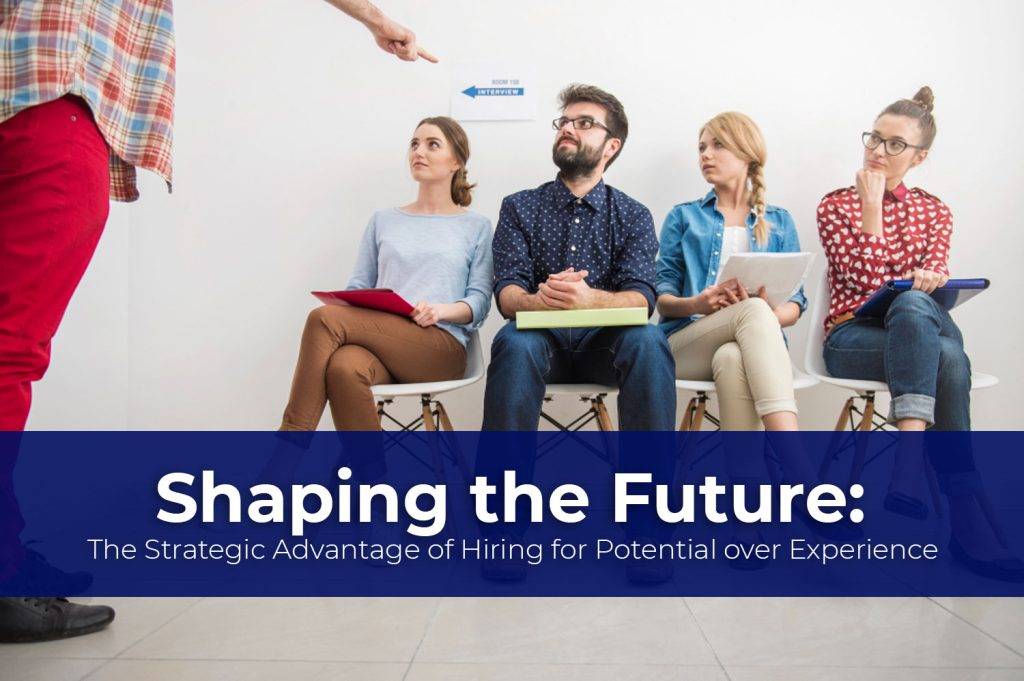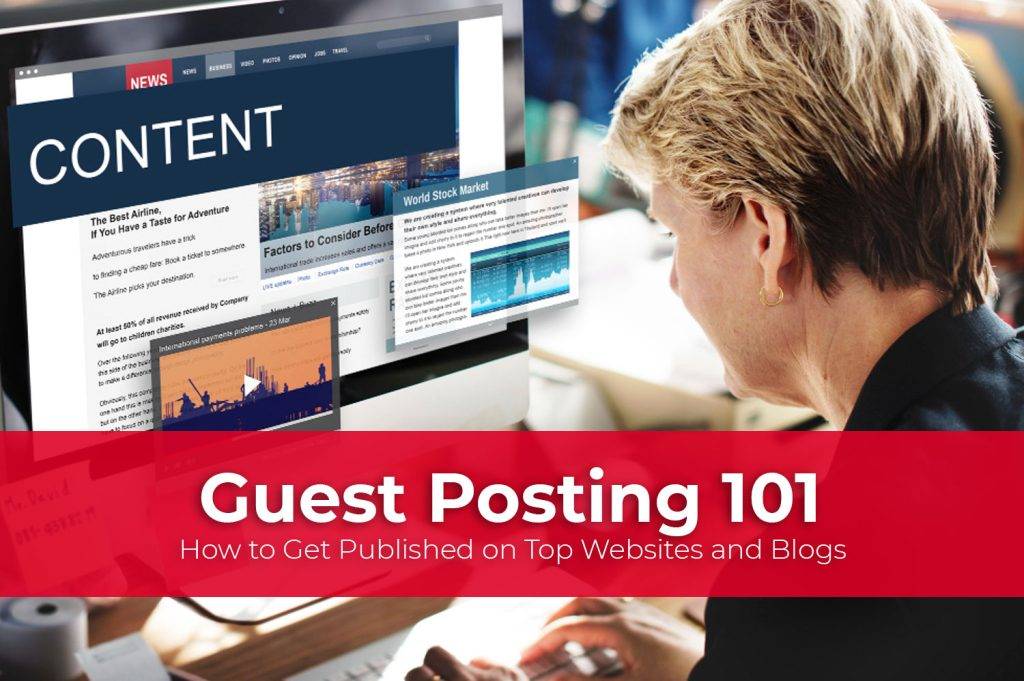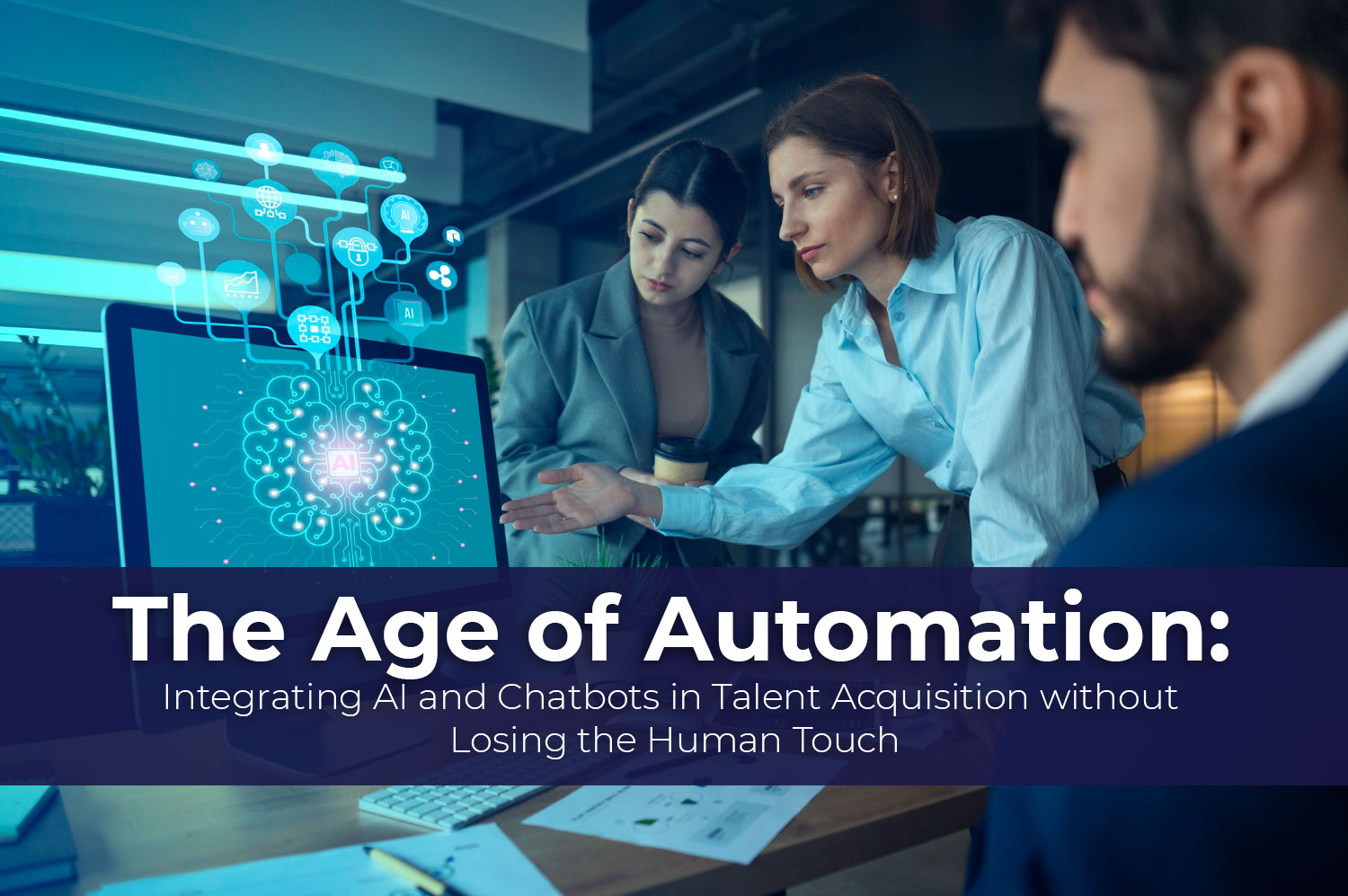
Table of Contents
ToggleIntroduction
In the dynamic world of talent acquisition, the emergence of artificial intelligence (AI) and chatbots marks a significant paradigm shift. This transition heralds a new era – the Age of Automation in recruitment. While these technological advancements promise to revolutionize the way organizations attract, engage, and hire talent, there’s a growing need to balance the efficiency of automation with the indispensable human touch.AI and chatbots have redefined recruitment strategies, offering unparalleled speed and efficiency in processing vast amounts of data, automating routine tasks, and providing round-the-clock interaction with candidates. This integration leads to more streamlined and effective talent acquisition processes, making it easier for companies to find the right fit for their teams.
However, amidst this digital transformation, maintaining a human-centric approach remains crucial. The empathy, intuition, and personal connection that human recruiters bring to the table are still essential components of the hiring process. This article explores how organizations can leverage the power of AI and chatbots in talent acquisition while preserving the warmth and understanding that only human interaction can provide. We delve into strategies for achieving this balance, ensuring that the recruitment experience remains personable and effective in this age of technological advancement.
1. Understanding the Shift to Automated Recruitment
The recruitment industry is undergoing a digital transformation, with AI and chatbots at the forefront.
- AI in Recruitment: AI streamlines the recruitment process, from sourcing to screening candidates.
- Chatbots: They engage candidates 24/7, answering queries and improving the candidate experience.
- Efficiency: Automation accelerates the hiring process, saving time and resources.
- Data-Driven Decisions: AI offers insights based on data, leading to informed hiring decisions.
- Personalization: Despite automation, personalizing the recruitment process is key to engaging top talent.
This digital transformation, maintaining a human-centric approach remains crucial. The empathy, intuition, and personal connection that human recruiters bring to the table are still essential components of the hiring process.

2. Balancing Technology and Human Interaction
While technology enhances efficiency, human interaction remains crucial.
- Empathy: AI lacks the human empathy essential in understanding candidate needs.
- Human Judgment: Critical decisions often require human intuition and experience.
- Candidate Experience: A blend of technology and personal touch enhances candidate engagement.
- Building Relationships: Strong relationships with candidates are crucial for long-term engagement.
- Limitations of AI: Recognizing AI’s limitations in understanding complex human emotions and behaviors.
Related Service: RPO Solutions
3. AI and Chatbots in Screening and Shortlisting
AI and chatbots can significantly streamline the screening process.
- Automated Screening: AI algorithms can quickly filter through applications.
- Chatbot Interviews: Preliminary interviews via chatbots save time.
- Bias Reduction: AI can help reduce unconscious bias in the screening process.
- Consistency: Ensures a consistent candidate evaluation process.
- Feedback Mechanism: AI systems can provide immediate feedback to candidates.
Related Article: Benefits of Having Recruitment Process Outsourcing on Your Side
4. Enhancing Candidate Experience with AI
AI can significantly enhance the candidate experience, a crucial aspect of recruitment.
- Immediate Responses: Chatbots provide instant responses to candidate queries.
- Personalized Communication: AI can tailor communications based on candidate preferences.
- 24/7 Availability: Candidates can interact with the system anytime.
- Journey Mapping: AI tracks the candidate’s journey, providing a seamless experience.
- Feedback Collection: AI tools can collect and analyze candidate feedback efficiently.
Related Service: Content Marketing
5. Training AI and Chatbots for Effective Recruitment
Proper training is essential for AI and chatbots to function effectively.
- Data Input: Quality and quantity of data fed into the system determines AI performance.
- Continuous Learning: AI systems require regular updates and learning for improved functionality.
- Ethical Considerations: Training AI with ethical guidelines to avoid biases.
- User Experience: Focus on creating user-friendly interfaces for both candidates and recruiters.
- Feedback Loop: Incorporating feedback to refine AI and chatbot functionalities.
Related Article: How to Choose the Right RPO Model for Your Business
6. The Role of Recruiters in the Age of Automation
The role of recruiters evolves with the integration of AI and chatbots.
- Strategic Thinking: Recruiters can focus on strategic aspects rather than administrative tasks.
- Human Insight: Their role in providing human insights and judgments becomes more crucial.
- Relationship Building: Focus shifts to building deeper relationships with candidates.
- Training AI Tools: Recruiters play a key role in training and refining AI tools.
- Change Management: They are essential in managing the transition to automated systems.
Related Article: Can RPO Services Enhance Workplace Diversity?
7. Addressing the Challenges of AI in Recruitment
While AI brings many benefits, it also poses certain challenges.
- Data Privacy: Ensuring candidate data privacy is a major concern.
- AI Bias: Mitigating biases that might exist in AI algorithms.
- Technological Adaptability: The need for recruiters to adapt to new technologies.
- Integration Issues: Challenges in integrating AI tools with existing systems.
- Cost Factors: Considering the costs involved in implementing AI solutions.
Related Service: Digital Marketing Services
8. The Future of Recruitment: A Tech-Human Hybrid
The future of recruitment lies in a balanced integration of technology and human elements.
- Collaborative Approach: Combining AI efficiency with human empathy and judgment.
- Innovative Solutions: Continuous innovation in AI for more sophisticated solutions.
- Ethical AI: Focusing on developing ethical AI practices.
- Customized Recruitment: Tailoring recruitment strategies using a combination of AI and human insight.
- Continuous Evolution: The recruitment field will continue to evolve with technological advancements.
Related Article: Understanding & Using RPO Technology: A Digital Revolution in the Making

integrating AI and chatbots in talent acquisition, ensuring a balance between technological efficiency and the irreplaceable human touch.
9. Best Practices for Integrating AI in Recruitment
Adopting best practices ensures effective integration of AI in recruitment processes.
- Transparency: Being transparent about the use of AI in recruitment processes.
- Candidate Consent: Obtaining candidate consent for data usage.
- Regular Audits: Conducting regular audits of AI systems to ensure fairness.
- Training and Development: Regular training for recruiters in using AI tools.
- Feedback Integration: Incorporating candidate and recruiter feedback into AI systems.
Related Service: Web Services
10. Preparing for the Future: Skills for Recruiters in the AI Era
Recruiters need to develop certain skills to thrive in the AI-driven recruitment era.
- Technological Proficiency: Understanding and utilizing AI tools effectively.
- Adaptability: Being adaptable to rapidly changing technologies.
- Analytical Skills: Ability to analyze data and insights provided by AI.
- Emotional Intelligence: Maintaining empathy and understanding in interactions.
- Continuous Learning: Staying updated with the latest developments in AI and recruitment.
Related Article: How Remote Work Has Brought in a New Approach to Recruitment

